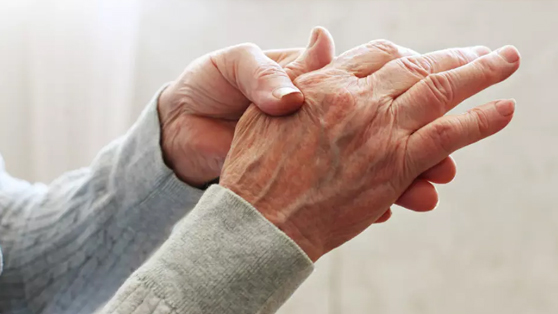
Post-Viral Arthritis
Post-Viral Arthritis is a temporary or sometimes prolonged joint inflammation that develops after a viral infection. It occurs when the body’s immune system, while fighting off a virus, triggers inflammation in the joints, leading to pain, swelling, and stiffness. The condition is self-limiting in most cases but can persist in some individuals, requiring medical attention.
Several viral infections like Chikungunya, Dengue, Hepatitis, Rubella, and Parvovirus B19 can cause post-viral arthritis. With timely diagnosis and treatment, most patients recover fully without permanent joint damage.
Symptoms of Post-Viral Arthritis
Symptoms often appear days or weeks after recovery from a viral infection and can resemble other forms of arthritis. Common signs include:
In most patients, symptoms last from a few weeks to a few months, but chronic inflammation may develop if left untreated.
Common Viral Triggers
Several viruses are known to trigger post-viral arthritis. These include:
Diagnosis of Post-Viral Arthritis
Diagnosis is based on clinical symptoms, history of recent viral illness, and laboratory findings. Investigations include:
Accurate diagnosis helps distinguish post-viral arthritis from autoimmune joint diseases and guides appropriate therapy.
Treatment & Management of Post-Viral Arthritis
The goal of treatment is to reduce inflammation, relieve pain, and restore normal joint function. Most patients respond well to conservative therapy, which may include:
Most cases resolve completely within a few months. However, ongoing care under a rheumatologist helps ensure full recovery and prevents recurrence.
Self-Care & Recovery Tips
Following simple self-care measures can enhance recovery and reduce the risk of chronic joint pain:
Why Choose Dr. Aditi Patankar Deshpande for Post-Viral Arthritis Management?
Dr. Aditi Patankar Deshpande, Consultant Physician & Rheumatologist, specializes in diagnosing and managing post-viral arthritis with a comprehensive and compassionate approach. Her expertise in viral and autoimmune joint disorders ensures accurate assessment, personalized treatment, and long-term joint health restoration, helping patients return to an active, pain-free life.
